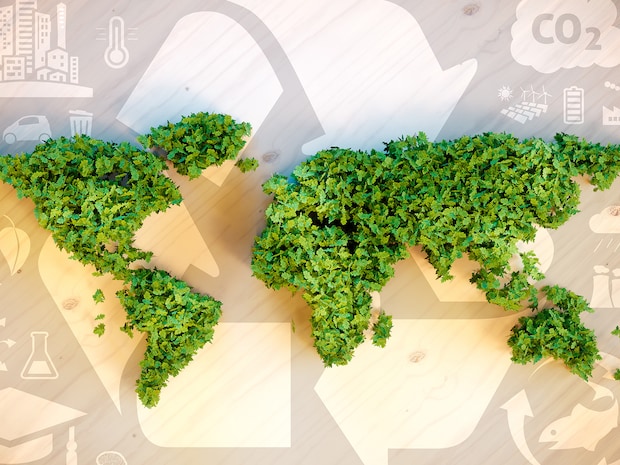Human rights and environmental protection

Respect for human rights and environmental standards is an integral part of our sustainability management and is a high priority for Jenoptik, particularly in the supply chain.
Jenoptik is committed to complying with internationally recognized standards for human rights and associated environmental rights and does not tolerate any form of slavery, forced labor, child labor, human trafficking or exploitation in its own business activities or supply chain.
Jenoptik regularly publishes the declaration on the UK Modern Slavery Act.
We also expect our suppliers to comply with and respect internationally recognized human rights and environmental standards as expressed, for example, in the International Bill of Human Rights and the International Labor Organization's Declaration on Fundamental Principles and Rights at Work.
Our Code of Conduct for Business Partners defines the Jenoptik Group's requirements for our business partners and requires them to comply with nationally and internationally applicable laws, regulations, and standards.
Human rights as a key aspect of Compliance & Risk Management are the responsibility of Jenoptik's Chief Executive Office (CEO) or Chief Financial Officer (CFO), as is the cross-divisional sustainability management function. Guidelines and processes regulate how the duty of care regarding human rights is implemented in business operations.
To recognize violations and identify high-risk business partners in good time, we use a multi-stage review process. Jenoptik uses a central platform solution to monitor suppliers about compliance with key sustainability criteria. Our risk universe reflects Jenoptik's potential risk categories and also includes non-financial risks from the areas of environment, social affairs and corporate governance. It is regularly reviewed to ensure that it is up to date. You can find more information on this in our risk and opportunity report in the annual report.
We take measures to respect human rights and related environmental rights both internally and in our external sphere of influence. Jenoptik has a strict ban on child and forced labor in accordance with the core labor standards of the International Labor Organization (ILO).
We have laid down this prohibition as well as fundamental social rights and principles as part of our corporate policy in our Code of Conduct and our declarations of principle on the Supply Chain Duty of Care Act, which are binding worldwide.
- Declaration of Principles on Compliance with Human Rights and Environmental Due Diligence Obligations of JENOPTIK AG
- Declaration of principles on compliance with human rights and environmental due diligence obligations of JENOPTIK Optical Systems GmbH
- Statement – California Transparency in Supply Chain Act – JENOPTIK North America, Inc.
Through regular online training courses and face-to-face events, we raise our employees' awareness of compliance-relevant topics such as corruption prevention, antitrust law and the importance of exercising due diligence in everyday working life.
Aspects of human rights can also be found in the Code of Conduct for our business partners. A reporting system (whistleblowing system) is available to all employees on the Jenoptik intranet, by telephone or by e-mail for reporting significant violations that must be treated confidentially.
The procurement of minerals, especially from unstable regions of the world, can lead to the financing of conflicts and thus to the violation of human rights. Jenoptik therefore works towards the procurement of minerals from conflict or high-risk areas in accordance with our corporate policy, legal obligations and existing international standards.
Our purchasing processes contain mandatory requirements for suppliers regarding the responsible procurement of minerals and products. In this way, we aim to ensure that conflict minerals are procured with due regard for human rights, the need to avoid conflict and the desire to support development through supply chain practices.
Sustainable supply chains
In order to further increase transparency in our supply chain, we use a central platform solution to monitor our suppliers with regard to sustainability and human rights compliance.
Suppliers are surveyed in the form of self-disclosures and serve as a basis for assessing and, if necessary, further developing their environmental protection, human rights, health and safety performance.






